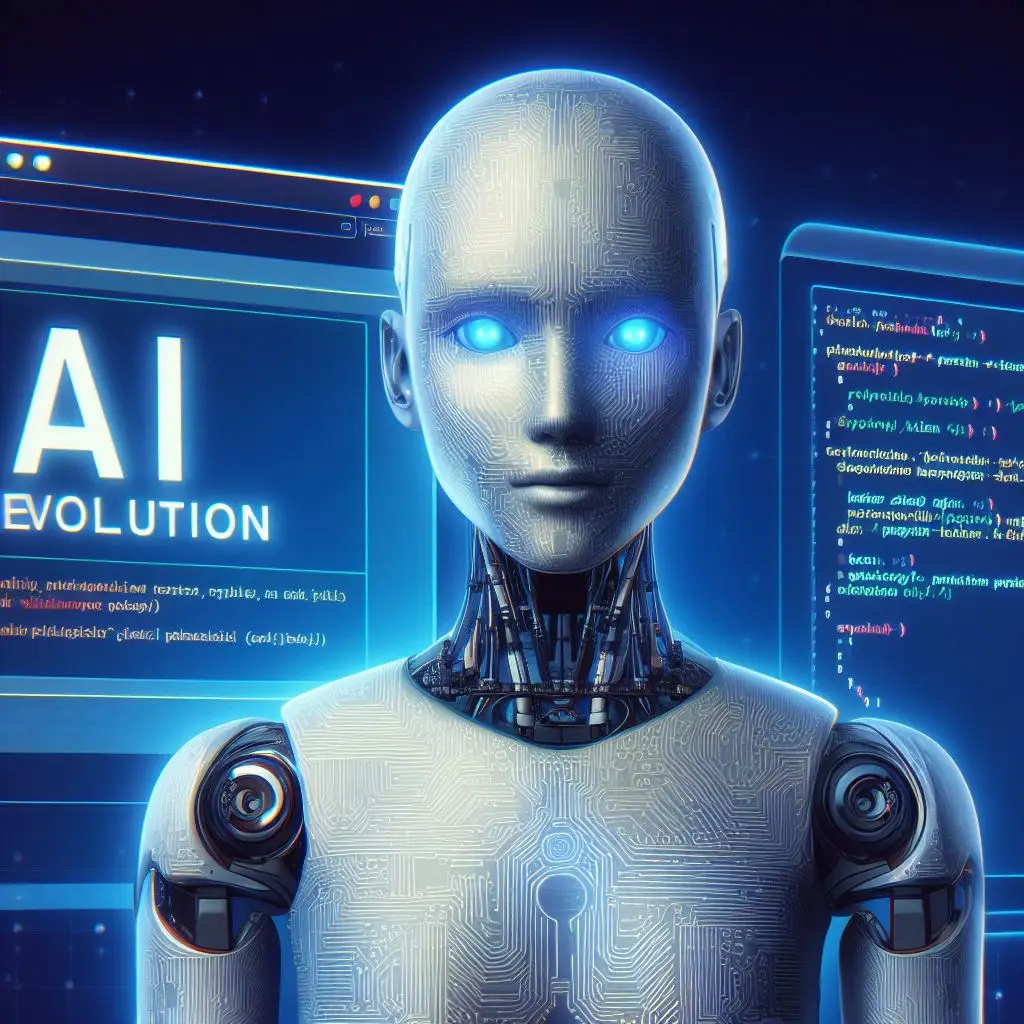Introduction:
Artificial Intelligence (AI) has emerged as a transformative force, revolutionizing industries and reshaping the way we live and work. With its ability to process vast amounts of data, learn from patterns, and make intelligent decisions, AI is unlocking new possibilities and driving innovation across various sectors. In this article, we will explore the profound impact of AI on industries, delve into its potential benefits and challenges, and discuss the ethical considerations surrounding this game-changing technology.
The Power of AI in Healthcare:
One area where AI is making significant strides is healthcare. AI algorithms can analyze medical data with incredible speed and accuracy, aiding in early disease detection, personalized treatment plans, and drug development. Machine learning models can process patient records, identify patterns, and assist in diagnosing diseases like cancer, heart conditions, and neurological disorders. Moreover, AI-powered robotics and automation are enhancing surgical procedures, minimizing risks, and improving patient outcomes.
Transforming Finance and Banking:
The financial industry is another sector experiencing a profound AI revolution. AI algorithms are employed for fraud detection, risk assessment, and algorithmic trading, enabling faster and more reliable decision-making. Chatbots and virtual assistants powered by natural language processing (NLP) capabilities are enhancing customer service and streamlining banking processes. AI-driven robo-advisors are providing personalized investment advice, making wealth management more accessible and affordable.
Revolutionizing Transportation and Logistics:
AI is reshaping the transportation and logistics sector by optimizing operations and improving efficiency. Autonomous vehicles, guided by AI algorithms and sensors, are being developed and tested, promising safer roads and reducing the need for human intervention. AI-powered route optimization algorithms are minimizing fuel consumption, reducing costs, and enhancing supply chain management. Furthermore, AI-driven predictive maintenance is improving the reliability of transportation fleets and infrastructure.
Ethical Considerations and Challenges:
While the potential of AI is immense, it also raises ethical concerns that require careful consideration. Issues such as bias in algorithms, data privacy, and job displacement due to automation need to be addressed. Ethical guidelines and regulations must be established to ensure fairness, transparency, and accountability in AI systems. Striking the right balance between innovation and ethical practices is crucial to harnessing the full potential of AI for the benefit of humanity.
Looking Ahead:
As AI continues to advance, its impact will be felt across even more industries. Education, agriculture, manufacturing, and entertainment are just a few sectors poised for transformation. The integration of AI with other emerging technologies like Internet of Things (IoT) and blockchain will further amplify its capabilities and create new possibilities. It is essential for policymakers, industry leaders, and society as a whole to actively participate in shaping the future of AI, ensuring its responsible and ethical deployment.
Conclusion:
Artificial Intelligence is revolutionizing industries, enabling breakthroughs, and shaping the future of our world. From healthcare to finance, transportation to education, AI is driving innovation, enhancing efficiency, and improving outcomes. However, with this power comes the responsibility to address ethical considerations and mitigate potential challenges. By embracing AI responsibly and leveraging its potential, we can unlock a future where technology and humanity coexist harmoniously, ushering in a new era of progress and possibilities.









Add a Comment: